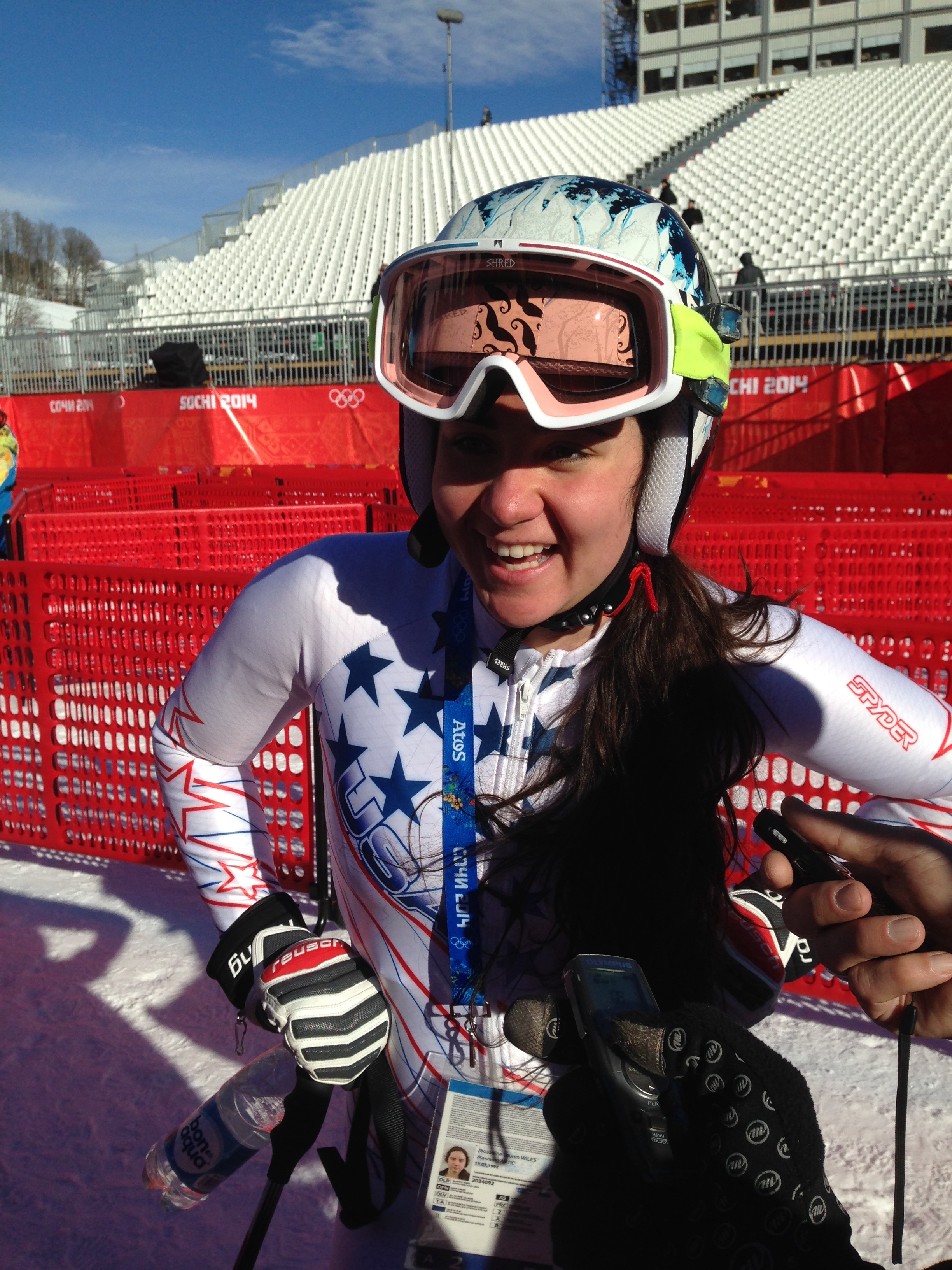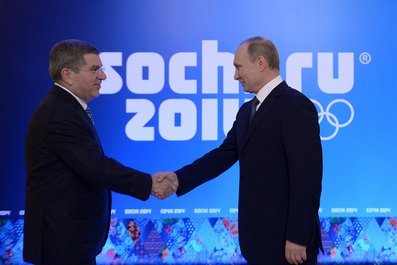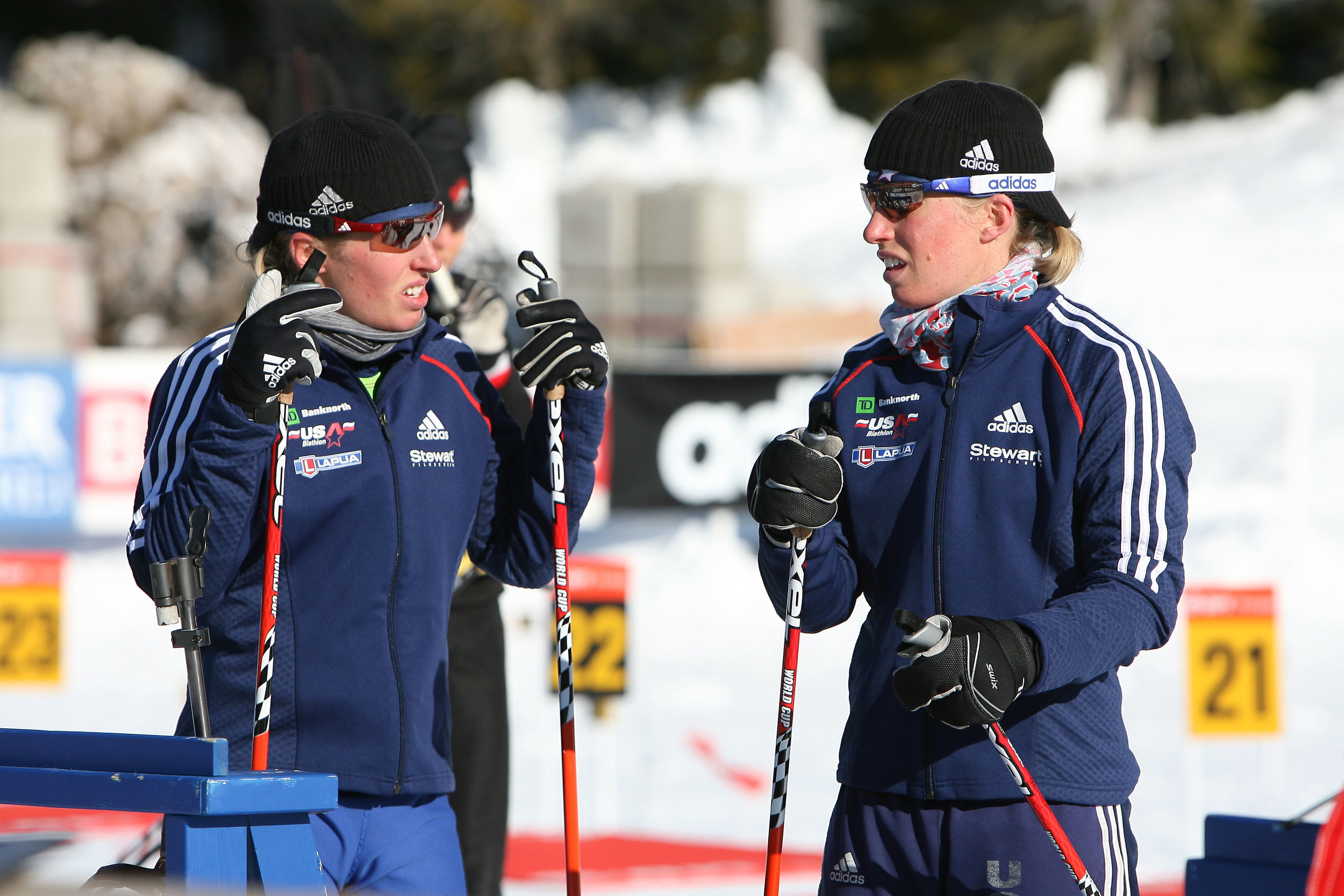The 24/7 Olympic news cycle is consumed right now, and understandably, with security issues for the forthcoming Winter Games in Sochi. Then, too, there are the construction woes over the 2016 Summer Games in Rio de Janeiro, where the International Olympic Committee president, Thomas Bach, is paying a visit this week.
You had to be tuned in very, very carefully to hear the bolt that came Monday from Canada — even though it carries huge implications not just for the United States but for the race for the 2024 Summer Olympics.
Toronto will not bid for the 2024 Games, its chance of winning “next to none,” councillor Kristyn Wong-Tam told the city’s economic development committee.
Without Toronto in the race, the coast would now seem to be clear for a U.S. bid.
Meanwhile, in a development that absolutely should raise screaming alarms that ought to go viral at IOC headquarters in Lausanne, Switzerland, not even one person showed up Monday at Toronto City Hall to try to persuade the economic development committee to support a 2024 bid.
This from a city that is due to stage the 2015 Pan-American Games. Such a regional event typically is a precursor to an Olympic campaign.
Toronto bid for the 2008 Games, finishing second, behind Beijing. It tried for 1996 as well, coming in behind Atlanta and Athens.
Vancouver, of course, played host to the 2010 Winter Games. Calgary staged the 1988 Winter Games, Montreal the 1976 Summer Olympics.
The Toronto move Monday follows rejections last year by voters in Munich and St. Moritz, Switzerland, of 2022 Winter Games bids. In early 2012, Rome dropped out of bidding for the 2020 Summer Games. Common threads: financial worries and unfavorable perceptions of the IOC itself.
Toronto Mayor Rob Ford said a possible Olympic bid could end up costing $45 million. That figure would almost assuredly be low, given what Istanbul and Tokyo are believed to have spent on the 2020 campaign, won by Tokyo in September. Madrid, a third entry for 2020, spent far less.
The U.S. Olympic Committee is currently going through a roster of potential cities — San Francisco and Los Angeles are believed to be among leading possibilities — with an eye toward announcing later this year whether it is, in fact, going to jump in to the 2024 campaign.
Other possibilities that have been discussed for 2024: Paris; Rome; Doha, Qatar; and a South African candidate.
There are two schools of thought about an American entry for 2024.
— One, Bach and the IOC want the U.S. not only to bid but to win.
The rationale: it’s time.
The U.S. has not held a Summer Games since 1996. The U.S. provides significant financial underpinning to the movement, including but not limited to NBC’s $4.38 billion investment in televising the Games to an American audience through 2020. The USOC and IOC have had their differences over the years, including over certain revenue and marketing shares, but those differences have now been patched up.
USOC chairman Larry Probst, now an IOC member, and chief executive Scott Blackmun have for the past four years assiduously worked hard at the relationship business so key to winning IOC votes. Finally, Bach was elected IOC president last September, replacing Jacques Rogge of Belgium, who served 12 years; Bach understands the import of having a U.S. Games at the earliest opportunity.
— Two, Bach and the IOC for sure want the U.S. to bid. Any American city automatically would make the 2024 race better. But does the IOC really, truly want the Americans to win?
This is the gut question. This is what the USOC is trying to figure out. Because the USOC gets in on one condition only — it expects victory.
Nothing in life is certain. Olympic bid races are by definition unpredictable. But the USOC can not afford another debacle like New York 2012 or Chicago 2016.
Simply put, from an American perspective, for 2024 the U.S. must win.
And, for as much progress as Probst and Blackmun have made over the years, and for all the right signals that are being sent, it’s still a hugely difficult call and the environment is yet enormously layered and complex.
Here, for instance, is one constructive signal:
In 2015, the 204-member Assn. of National Olympic Committees, led by the influential Sheikh Ahmad al-Fahad al-Sabah of Kuwait, is due to hold its annual meeting in Washington, D.C.
Why Washington? Among other reasons, to prove to the three or four dozen IOC members expected to attend that entry in and out of the United States, and not just the United States but the capital itself, can be effected easily and graciously — always a stumbling block to any U.S. bid.
There is yet a ways to go. In recent weeks, two high-profile Olympic visitors have flown into the United States. Both, at very different airports, waited in long, long lines at passport control.
Any American bid, meanwhile, is bound to face an array of lingering issues.
The United States right now has about 450 people giving of their time and energy worldwide in the Olympic movement. Numbers-wise, that’s huge — maybe more than any other country anywhere. The challenge is that for all those numbers, for all that energy, the United States is still struggling to find influence that matters.
The U.S. now counts zero — repeat, zero — presidents of Olympics international sports federations.
On another front, the U.S. was recently awarded the international volleyball FIVB women’s Grand Prix in 2015, in Omaha, Nebraska. Next year, too, Houston will play host to the international weightlifting federation championships.
The USOC is working to attract more such events. But there’s sound reason there’s a perception the U.S. has not done its part in putting on such key championships. Outside of the Olympic Games in Los Angeles in 1984 and Atlanta in 1996, that Omaha Grand Prix will be the very first major FIVB event the United States has ever staged.
Another perception is that Olympic sport in the United States is an every-two-year kind-of deal — with the rest of the time Americans seeming to care mostly about the four professional sports leagues. In Europe, by contrast, you can see all manner of Olympic sports on TV seemingly every day of the week.
Then there is the political challenge.
Why, again, is that 2015 meeting in Washington?
Perhaps to show the rest of the world strong national support is, indeed, possible.
The American Olympic system is set up differently than everywhere else. Around the world, Olympic sport is largely run by — and funded by — each country's national government. In the United States, by formal act of Congress, the USOC must be self-supporting — not a dime from the federal government.
This has led some to believe there is little interest in Washington in Olympic sport. Compounding this perception in recent weeks: President Obama’s decision to send to Sochi a delegation that includes no senior political figures but does include Billie Jean King, in a pointed commentary obviously aimed at Russia’s law on gay “propaganda” purportedly designed to protect minors.
In the IOC, memories can run long. Every single vote counts.
Certainly, it is well-remembered that President Obama lobbied the IOC on behalf of Chicago’s 2016 bid. It is also remembered that his security detail kept the IOC members waiting.
The IOC will vote for the 2024 site in 2017. By then, President Obama will be out of office.
Just to play politics, Olympic and U.S. presidential, for a moment: When she was First Lady, Hillary Clinton, the presumed Democratic frontrunner for 2016, led the U.S. delegation to the 1994 Lillehammer Games. President and Mrs. Clinton led the U.S. delegation to the Atlanta Games in 1996.
The USOC — obviously — would never, ever bring up such a possibility. But anyone reading Time magazine this week — with the cover story, “Can Anyone Stop Hilary?” — can play simple deduction.
At any rate, the IOC, in a key part of the bid process, demands a financial guarantee. In virtually every other country, the national government steps up to provide that guarantee. In essence, that makes the bid — from wherever it is — a de facto national bid. The American system of federalism makes such a guarantee impossible.
A Los Angeles or San Francisco bid, as an example, would have to be guaranteed by the respective city and then, too, by the state of California — not by the federal government. Same goes for any city in any state.
That immediately positions the American candidate differently from the others in any Olympic bid campaign.
Chicago and New York sought different options to meet the guarantee.
The IOC was different then — voting in 2009 against Chicago (Rio won) and in 2005 away from New York (London won).
It is still three long years until 2017. Will it be different enough by then for an American city, whatever that city might be?
The hard part is trying to guess this year what the world is going to be like in 2017.
Truly, we don’t even know yet what it’s going to be like by February 23. That’s the day the Sochi Games come to an end. By then, we will all know then a good deal more about the world we live in.
















